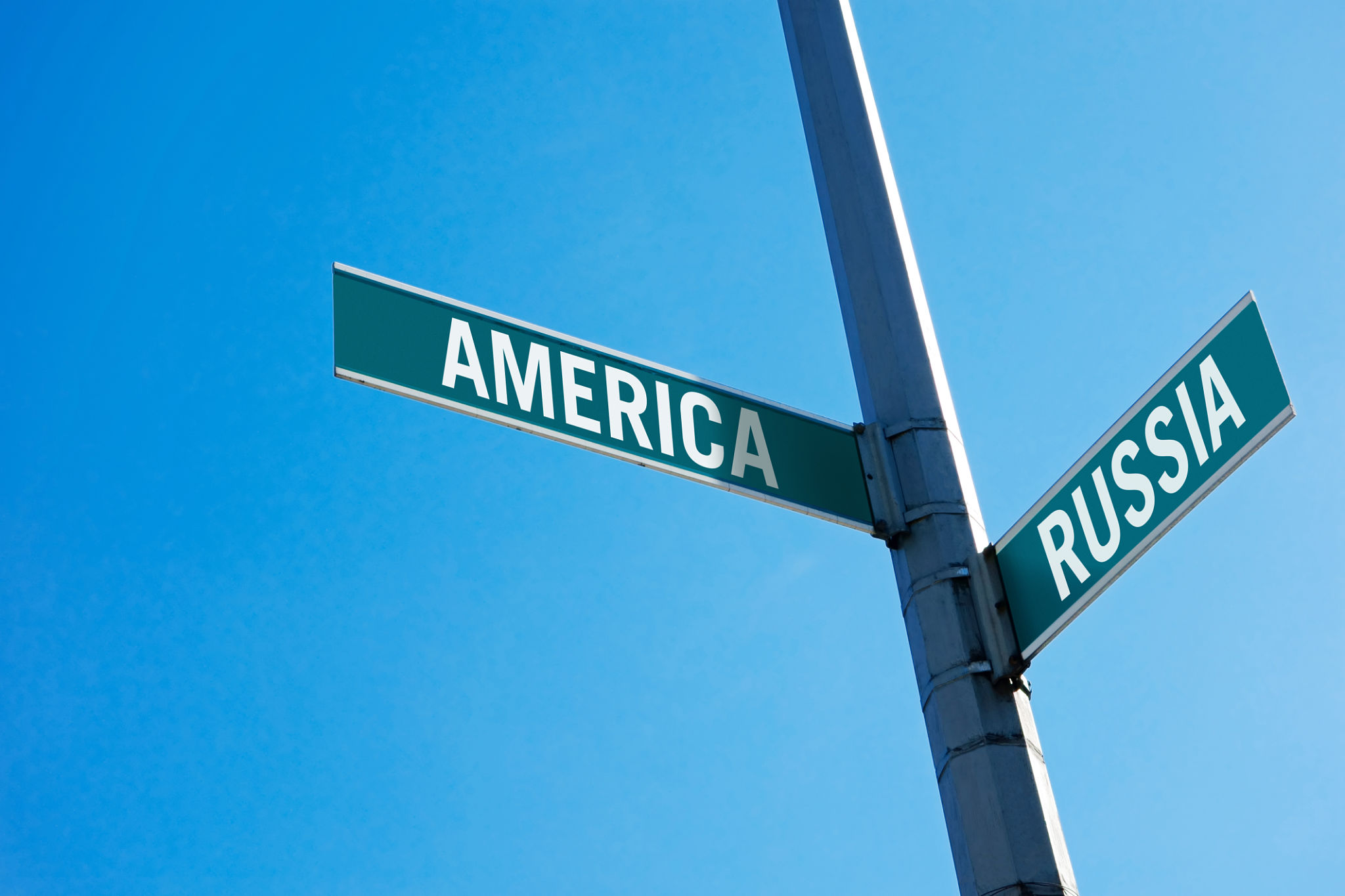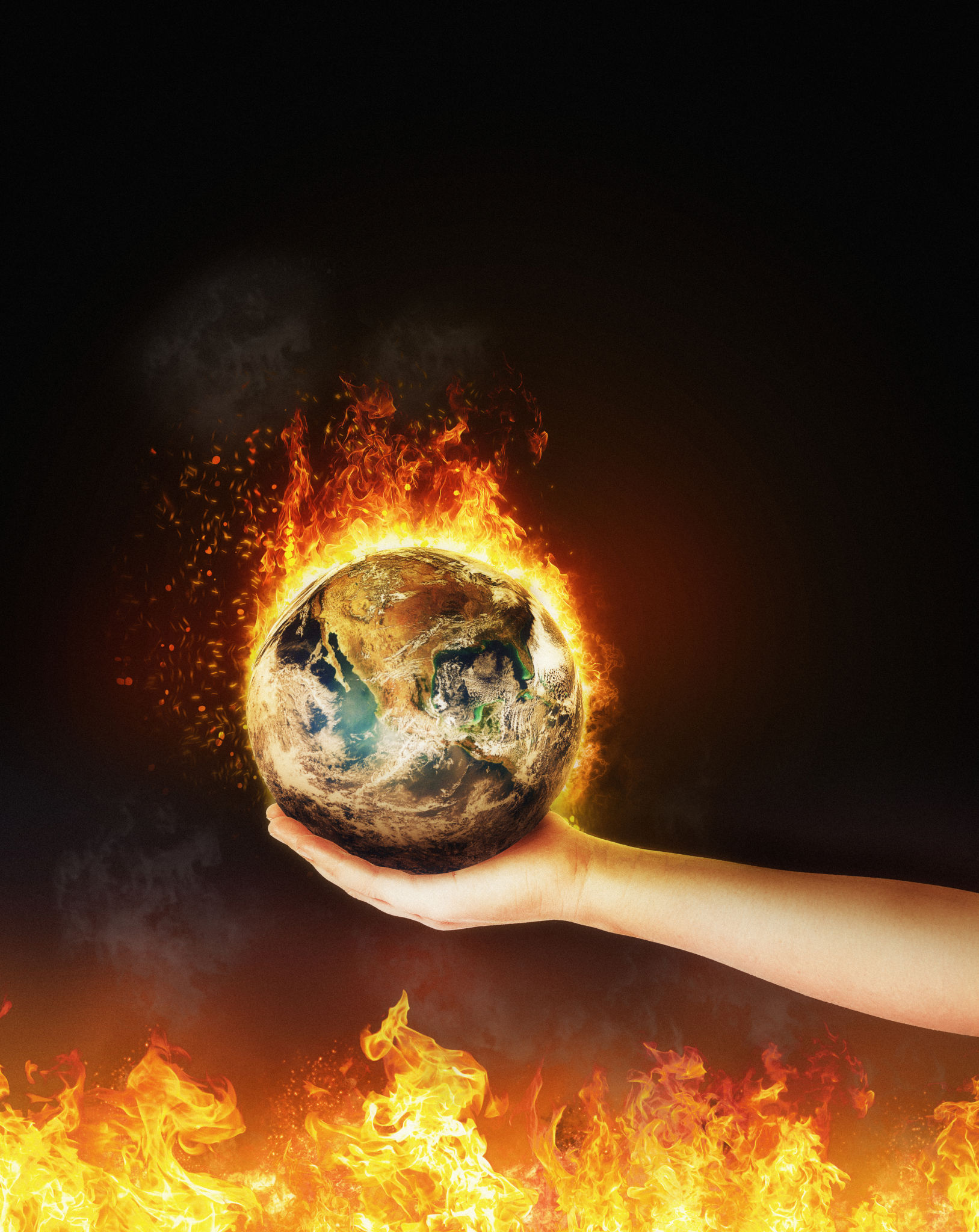The Evolution of Dystopian Themes in Science Fiction: A Deep Dive
The Origins of Dystopian Science Fiction
The concept of dystopia has been a significant theme in science fiction since its early days. Rooted in the rich tradition of speculative storytelling, dystopian tales often reflect societal anxieties and fears, offering a mirror to contemporary issues. Early works like H.G. Wells' "The Time Machine" and Aldous Huxley's "Brave New World" explored the dark potential of technological and social advances, setting the stage for many subsequent narratives.
Dystopian fiction often serves as a warning, illustrating the potential consequences of unchecked power, environmental neglect, and loss of individual freedoms. These themes have evolved over time, adapting to changing cultural landscapes while maintaining the core essence of cautionary tales.

The Cold War Era and Its Influence
The mid-20th century marked a significant period for dystopian science fiction, heavily influenced by the geopolitical tensions of the Cold War. Works like George Orwell's "1984" and Ray Bradbury's "Fahrenheit 451" emerged during this time, reflecting the fear of totalitarian regimes and the loss of personal freedoms under oppressive systems. These stories highlighted the dangers of propaganda, censorship, and surveillance, themes that resonate strongly even today.
During this era, the genre also began to explore the implications of nuclear warfare and environmental decay. The potential for human-made disasters became a recurring motif, urging readers to consider the impact of their actions on future generations.

The Rise of Cyberpunk
In the late 20th century, cyberpunk emerged as a subgenre of dystopian science fiction, characterized by its focus on advanced technology and cybernetics. Influential works like William Gibson's "Neuromancer" and Neal Stephenson's "Snow Crash" depicted worlds where corporate power overshadowed government authority, and virtual realities blurred the lines between human and machine.
Cyberpunk's gritty aesthetic and exploration of identity in digital landscapes offered a new perspective on dystopian themes. This shift reflected growing concerns about the rapid pace of technological development and its potential to alter human society fundamentally.

Modern Dystopias and Young Adult Fiction
The turn of the 21st century saw a resurgence of dystopian themes in literature, particularly within the young adult genre. Series like Suzanne Collins' "The Hunger Games" and Veronica Roth's "Divergent" brought dystopian narratives to a new generation of readers. These stories often focus on young protagonists challenging oppressive systems, resonating with audiences facing an uncertain future.
Contemporary dystopian fiction continues to evolve, addressing modern issues such as climate change, economic disparity, and digital privacy. The genre remains a powerful tool for social commentary, prompting readers to question the status quo and envision alternative futures.

The Enduring Appeal of Dystopian Narratives
Dystopian science fiction endures because it taps into fundamental human fears and desires. By presenting exaggerated versions of potential futures, these stories encourage introspection and critical thinking about our present choices. Whether reflecting political turmoil or technological advancements, dystopian narratives remain relevant by continually adapting to new challenges faced by society.
The evolution of dystopian themes in science fiction illustrates how literature can both reflect and influence cultural perceptions. As we navigate an increasingly complex world, these stories remind us of the power of imagination to inspire change and offer hope for a better tomorrow.
